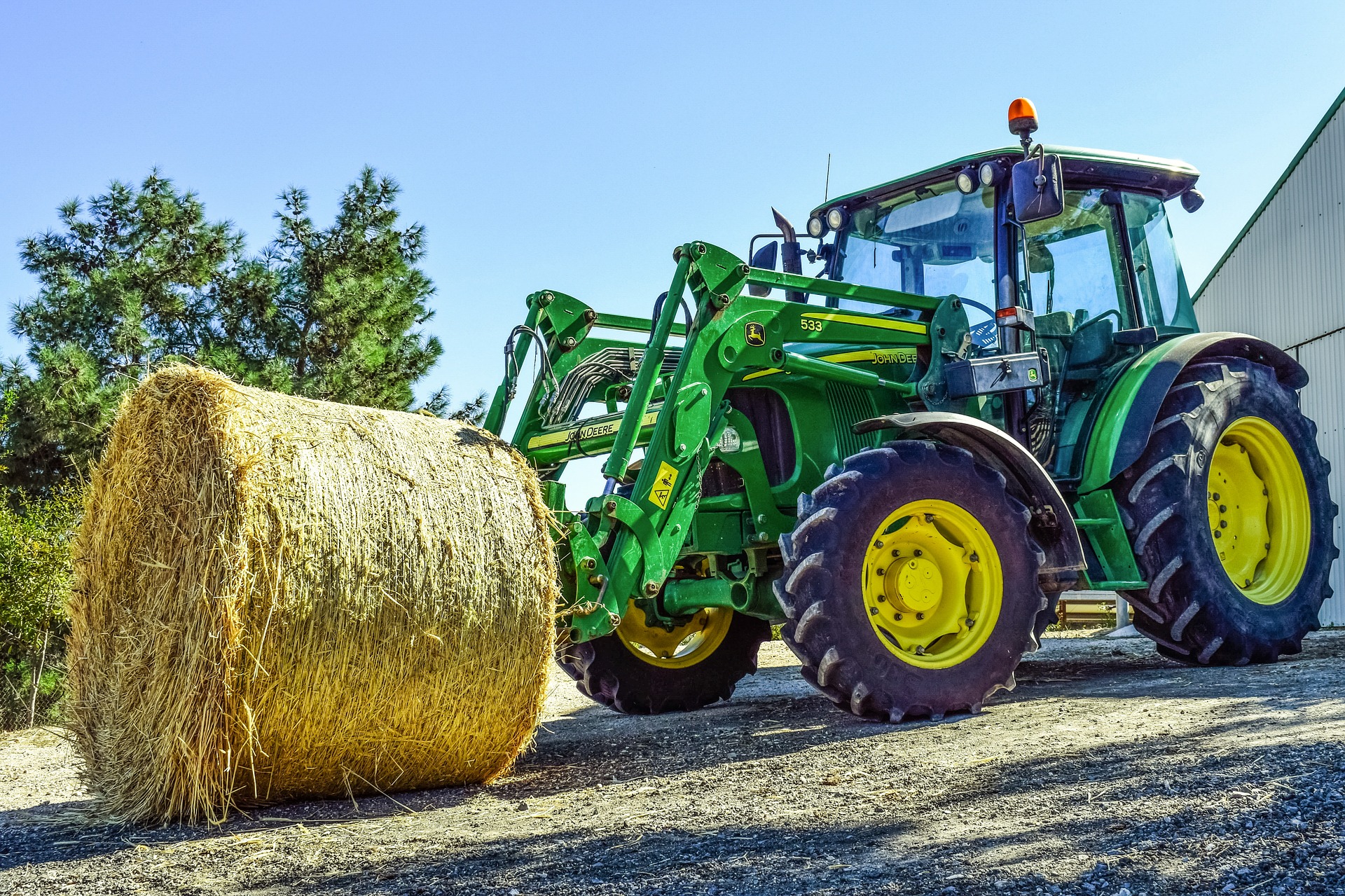Most diesel fuel sales are taxable, but there are some exemptions, including those in certain parts of the farm and food production industries. Partial tax exemptions can be given to both sellers and buyers. In order to qualify, the diesel must be of a specific type and only used for certain purposes.
What types of diesel qualify?
For these specific tax exemptions, only a few types of diesel apply. These meet American Society for Testing and Materials (ASTM) standards and are known as:
-
- No. 1-D or No. 2-D
- Diesel sold for agricultural aircraft use
- EPA rated diesel called federal fuel
Fuel retailers need to make sure that they have accurate records of these types of fuels and related transactions.
Qualifying activities
The second part of qualifying for the partial fuel tax exemptions is related to the use of the fuel. These uses are food processing, farming, and contract hauling related to these two industries. Here is some information that can help you know if you could qualify for the partial exemption.
Using diesel fuel in farming
There are further restrictions within the farming qualification. The following people may qualify for the exemption: Ranchers or farmers conducting farming business and those who conduct farming business on contract for those ranchers or farmers. There are many activities that require diesel fuel within the farming industry.
-
-
- Raising/harvesting crops or animals that can legally be sold. The plants or animals must be kept for future cultivation or development before selling to qualify for the diesel tax exemption.
- Cultivating land.
- Delivering feed to an animal feeding operation, either by the owner of the operation or someone who regularly delivers the feed.
- Applying seed, fertilizers, pesticides, and similar products to farmland. Only licensed aerial applicators can be used.
- Transporting products to certain operations that will help prepare the products for sale. That operation must be at least partially owned by the farmers/ranchers that process their products there. Types of businesses like these include cooperatives, corporations, joint ventures, partnerships, and more.
- Preparing products for sale. The same rules about transporting products apply when preparing them when it comes to the diesel fuel tax exemption.
- Transporting products to buyers. In order to qualify, the transporting operation must be a co-op, partnership, joint venture, corporation, or a similar entity owned at least in part by the farmers and ranchers moving the products. Also, the products must be owned fully or in part by the same farmers or ranchers.
-
As you can see, there are a lot of restrictions that go into qualifying for the partial diesel tax exemption. It can be helpful to look at activities that don’t qualify as well as activities that require that fuel.
Activities that do not qualify
-
-
- Raising horticultural or agricultural products for personal use
- Selling or buying crops or animal products raised by someone else
- Any activity not directly related to the cultivating, raising, or harvesting of plants or animal products, like construction or repair of farm buildings or equipment
-
Activities that require the use of diesel by a farmer/rancher
-
-
- Planting, protecting, or growing crops
- Harvesting crops
- Preparing the land for planting
- Feeding, watering, or transporting livestock
- Transporting agricultural or horticultural products from their place of origin to buyers
-
Activities that require the use of diesel by farmer/rancher owned entity
-
-
- Preparing agricultural or horticultural products for sale
- Transporting said product where it is to be sold or consumed (feed)
-
Food processing
Only certain types of businesses can get the partial diesel fuel exemption in the food processing industry. These must all fall into specific SIC Groups or Codes. They include 203 Frozen and Preserved Fruits, Vegetables, and Food Specialties; 207 Fats and Oils; 201 Meat Products; 202 Dairy Products; and more.
Selling diesel fuel to a qualified food processor can also allow for partial tax exemptions in the following circumstances.
-
-
- Transporting a raw (non-processed) agricultural product to a processing plant.
- Hauling materials to supplies to a processing operation.
- Processing agricultural products.
- Transporting partially processed foods between processing plants. Both plants must be owned by the same company.
-
Contract hauling
The diesel fuel partial tax exemption can also apply to certain contract workers that haul agricultural products for farmers, ranchers, and food processors. The contract workers must be transporting the products to buyers or to midway points for handling-agricultural products (owned by the farmers, ranchers, or processors). The other option is that they must be transporting supplies, materials, or raw products to a processing plant.
Getting wholesale fuel
Understanding the diesel fuel tax exemption for these industries can be difficult. Getting bulk diesel fuel shouldn’t be. We aren’t tax professionals, but if you need wholesale diesel delivered to your farm, ranch, or plant, Kendrick Oil Company can help. We provide a variety of fuel Products and Services. You can reach us at (800)299-3991 or speak with our Staff for more information.

